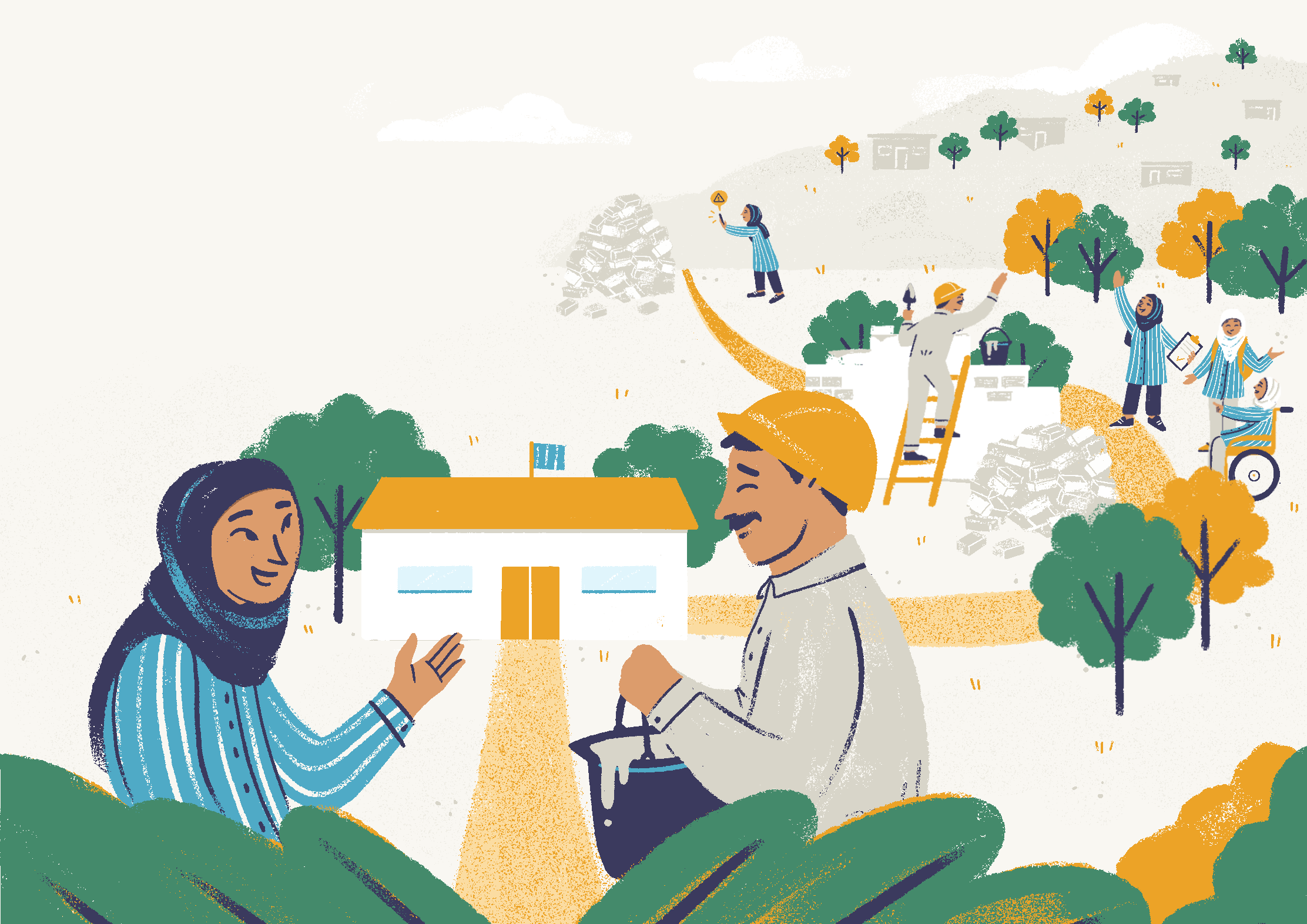Promoting social integrity in Voluntary Carbon Markets through citizen-centred accountability
Voluntary Carbon Markets are a divisive topic, even among climate integrity experts, with some reluctant to engage with them and others deeply convinced on their value as a meaningful and necessary source of climate finance.
There is mounting evidence against these types of projects as many have continuously failed to bring about promised emission reductions. Furthermore, and perhaps more worryingly, social and environmental costs are externalized to the marginalized and climate-vulnerable communities these projects intend to benefit. Co-benefits, whether monetary (e.g., renumeration from a portion of the sale of carbon credits), or non-monetary (e.g., employment at the project site, or investment in development infrastructure such as health facilities, or education services) should be subject to community consultations and community priorities, but in reality, consultations are often inadequate, or don’t happen at all. When benefits are distributed, issues like delays in payments, unequitable distribution and abuse, such as sexual harassment or sextortion, frequently arise. These problems often go overlooked or unaddressed by ‘independent auditors’ tasked to monitor, who often have no connection to local contexts.
The track record of carbon projects suggests that they not only fail to deliver promised benefits but can actively harm communities. Conservation carbon projects specifically restrict forest-dependent peoples’ use of forest resources, often leading to their displacement or forceful eviction from the areas of project implementation or severe food insecurity and water scarcity, rendering already vulnerable communities less resilient to the impacts of climate change. A significant number of carbon offset project have specifically harmed indigenous communities, who are crucial stewards of nature. Considering the global geography of VCMs --with typically Global North standard setters, regulators, and buyers on one hand and Global South project developers and host communities on the other -- these relations of dispossession and resource expropriation can be viewed as a form of “green colonialism”.
Seen in this light, improving the integrity of carbon markets seems a hopeless cause.
Despite integrity risks, these types of projects are expanding rapidly, particularly in Africa. A swathe of (voluntary) regulatory bodies, such as the Science-based Integrity Initiative (SBTi), the Integrity Council for the Voluntary Carbon Markets (ICVCM) and the Voluntary Carbon Markets Integrity Initiative (VCMI), have been at work to improve the environmental integrity and corruption risks – such as climate-washing - of these projects, in both the demand and supply side. However, the social costs of carbon projects have regularly been a missing link in the accountability chain.
Carbon Integrity Monitors aim to fill this gap, creating citizen-centred accountability mechanisms to ensure that communities are meaningfully consulted, receive promised benefits, and are not actively harmed. Through the program, selected community members are trained in using relevant digital technologies to collate data on i) integrity issues emerging from carbon projects in all phases of its implementation and ii) progress made on the resolution of these issues. The data provided is transparent, consistent, and trackable over time. These tools can complement or correct independent auditing processes on the ground and ensure project compliance with best-practice guidance from regulatory bodies, such as the Core Carbon Principles.
Importantly, the effective implementation and the eventual scaling-up of Carbon Integrity Monitors promises to fast-track accountability processes in the future, addressing one of the core problems of climate integrity space, i.e. the disjunction between the speed climate solutions require and the typically slow nature of integrity measures. For example, in the design phase of a carbon project, Carbon Integrity Monitors can frontload integrity measures by ensuring meaningful consultation of communities at an early stage, preventing conflict and other issues further down the line. In the long term, the successful implementation of transparent citizen-centred accountability mechanisms promises to deliver integrity at speed, from a bottom-up approach.
Sindi Kuci has advised on the Carbon Integrity Monitors project at Integrity Action since November 2024. She is a research assistant for Oxford Net Zero at the University of Oxford, working on net zero aligned offsetting. She has previously worked as a research assistant at the LSE Grantham Research Institute within the climate law and governance team, where she also consulted on a World Bank project on carbon market regulations, and as a consultant for the Oxford Climate Litigation Lab, where she researched integrity issues in voluntary carbon markets. Sindi has graduated with an MPhil in Development Studies from the University of Oxford, where she researched indigenous litigation against energy projects.


